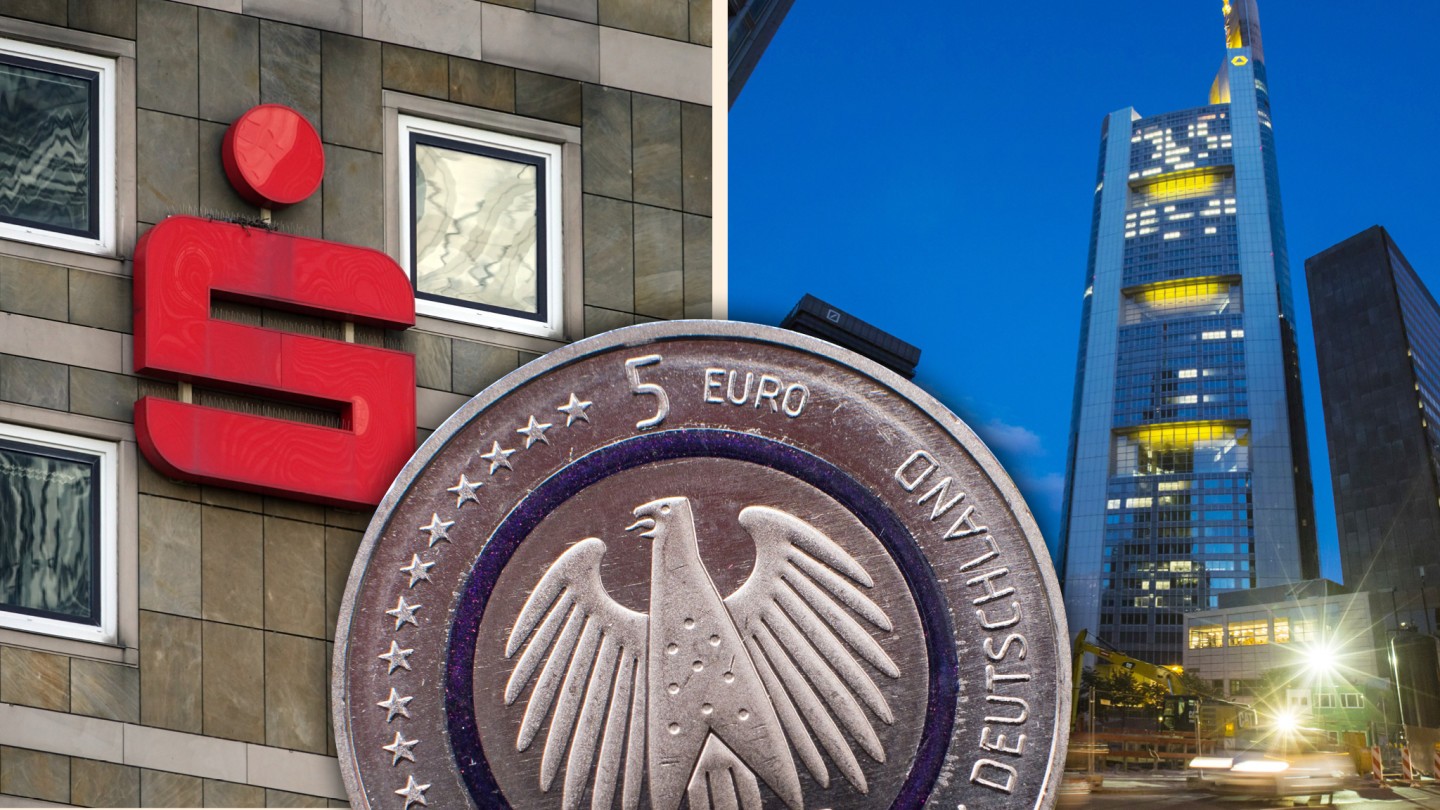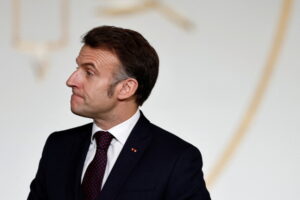German banks are seeking to blunt any fresh U.S. sanctions against Russia so they can continue existing business with Russian clients, according to an internal briefing paper prepared by a financial industry lobby group.
The risk of new restrictions on doing business with Russia has risen since the Democratic Party won control of the U.S. House of Representatives. New anti-Moscow measures could jeopardize funding for a multi-billion dollar gas pipeline between Germany and Russia.
In response, lenders in Europe’s largest economy have ratcheted up their lobbying efforts with U.S. lawmakers and government officials, warning that current proposals to sanction major Russian banks would be so expansive that they could disrupt global markets.
“In their current form, the proposed bills would no longer just target the Russian President and oligarchs with close ties to Putin, but would effectively place an embargo against the Russian Federation,” according to an extract from the document prepared by the Association of German Banks.
“International financial institutions which already operate in Russia would face new sanctions with massive business and compliance challenges.”
The three-page paper calls for exceptions to be made which would allow “German banks and companies to complete business that cannot be unwound easily”.
The document, dated Dec. 3 2018, outlines key points for bankers to raise with U.S. officials. It reflects the consensus view of the association, which represents 180 banks, including Deutsche Bank, Commerzbank and foreign lenders with units in Germany, such as Italy’s Unicredit.
The 9.5 billion euro (8.31 billion pounds) Nord Stream 2 project, which seeks to channel gas from Russia directly to Germany under the Baltic Sea, is not mentioned in the document but its future lies at the heart of the renewed lobbying push.
“Nord Stream is the elephant in the room,” said one person with direct knowledge of the matter.
The pipeline project, which is majority owned by Russian energy giant Gazprom, plans to tap lenders this year, a spokesman for Nord Stream 2 told Reuters. He did not comment on the risk of new sanctions.
Read more HERE
Ask me anything
Explore related questions





